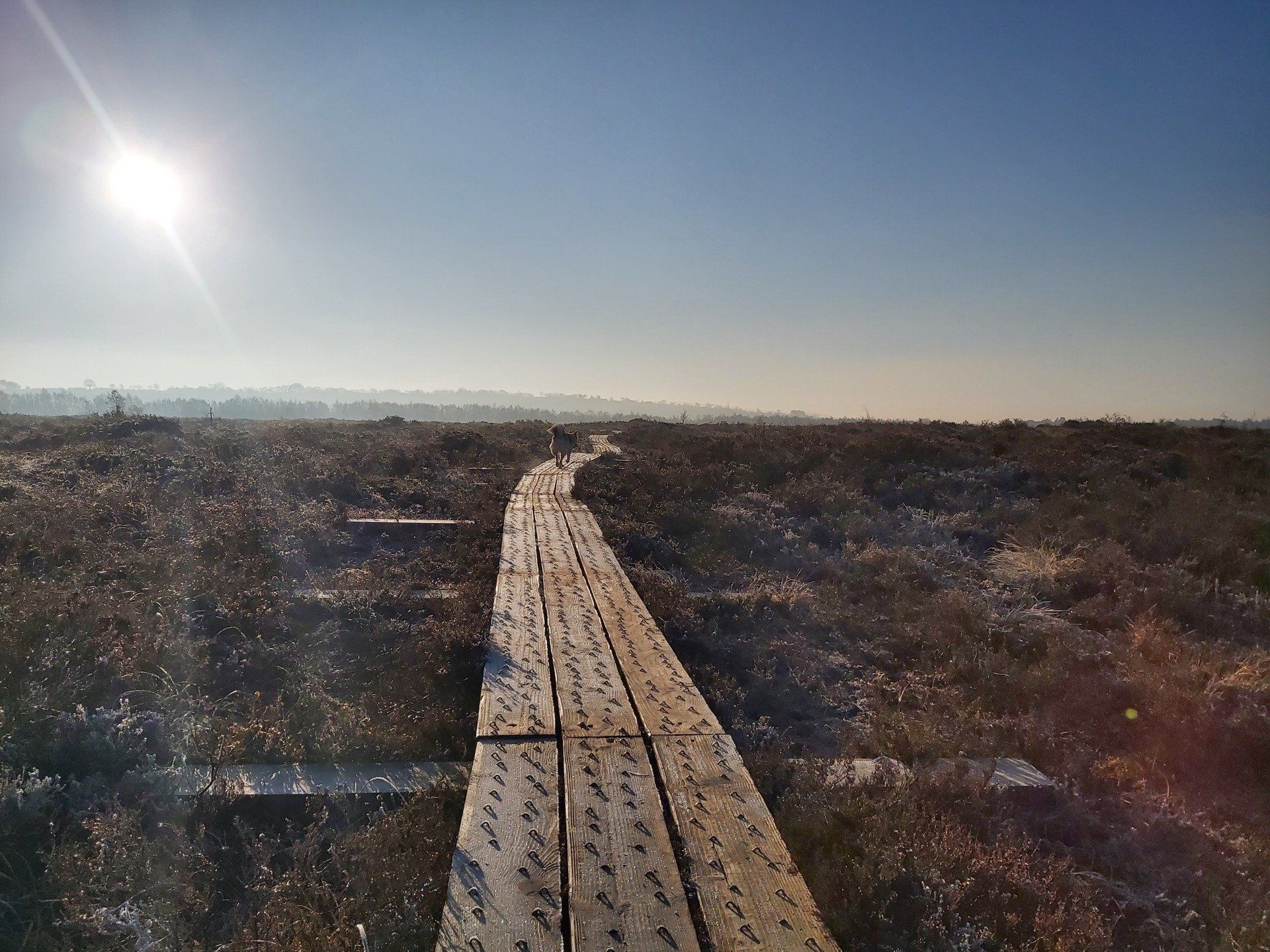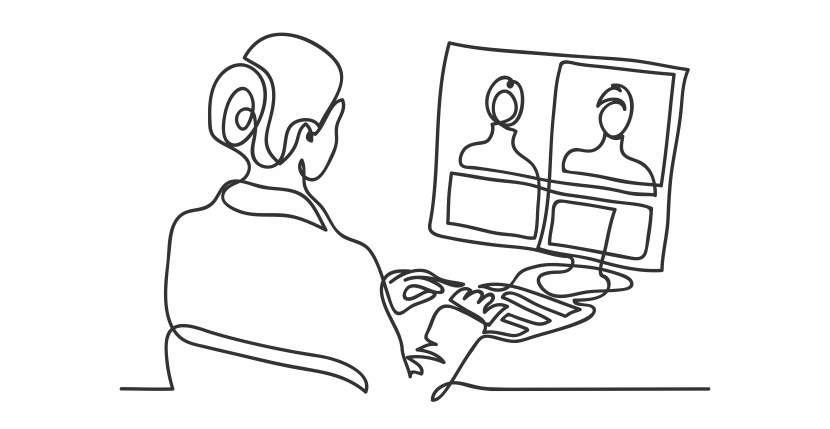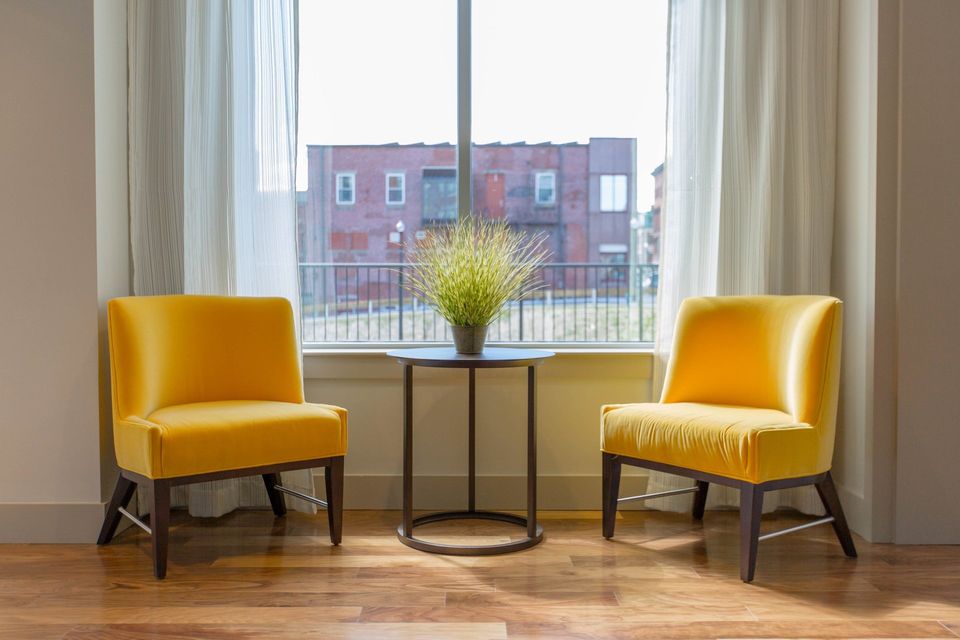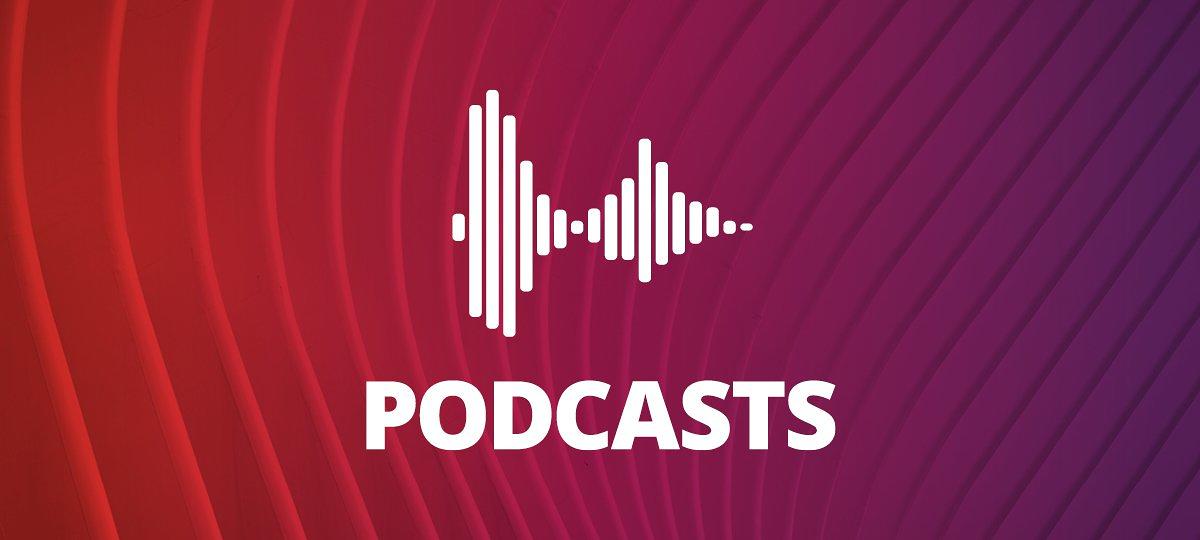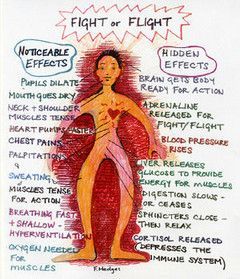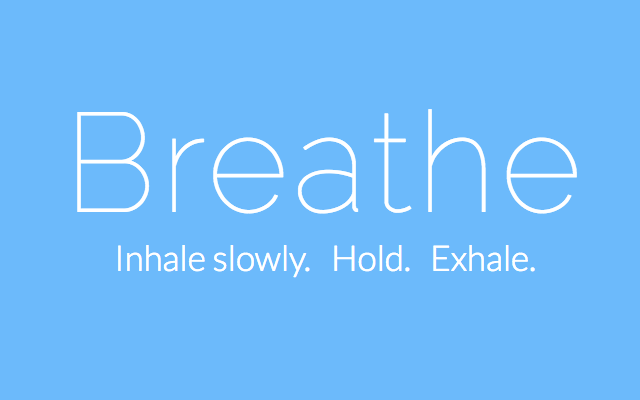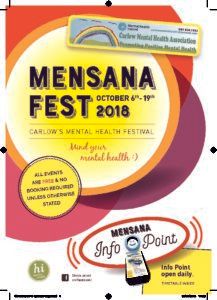The First Meeting
What to expect from our first meeting...
The first time we meet is where I take time to find out what your current difficulty is and begin to develop a picture of how we can work together. We will spend some time discussing your expectations and I will give you an opportunity to ask any questions you may have about my work and experience.
Towards the end of our first session, I will be able to summarise what the problem is, what keeps it going, and what you need to do to make necessary changes.
I shall also find out exactly what you want to change. I shall be asking you for goals. These might be, for example,
- manage or decrease stress, anxiety or panic attacks
- help with intrusive thoughts or compulsions
- better relationship skills
- help you with work related stress
- stop negative thinking
- get a good nights sleep
- improve your confidence or self esteem and help you to feel better about yourself
The reason we discuss goals in the first meeting, is to allow me to tailor a specific plan of therapy, that will help to ensure that you get what you need. It also keeps me accountable, and focuses me on what it is we need to work on together.
I shall also tell you in the first session, if there is a particular type of therapy (e.g. Cognitive Behavioural Therapy or CBT) that I will work into your plan, what it is and how I think it would the most appropriate one to work on together.
We will also discuss the number of sessions we will work towards and why. I shall also talk to you about what future sessions will be like and what will be required from you.
Future sessions
Focus on the plan that we arranged in our first meeting. Many people think of counselling as where you come to talk about whatever is on your mind, and that can happen within a particular model of therapy, but I like to keep my counselling focused, on taking the steps to help you achieve what you discussed with me in our initial session.
Our future sessions stick to the plan that we both arranged in the first session, think of it as each session builds on the knowledge and the progress that you made in the previous session.
Because of my training we can ‘pull’ from other models of therapy, so to speak, as and when required. I have a wide interest in many areas and will draw on these as it feels appropriate for our work together.
